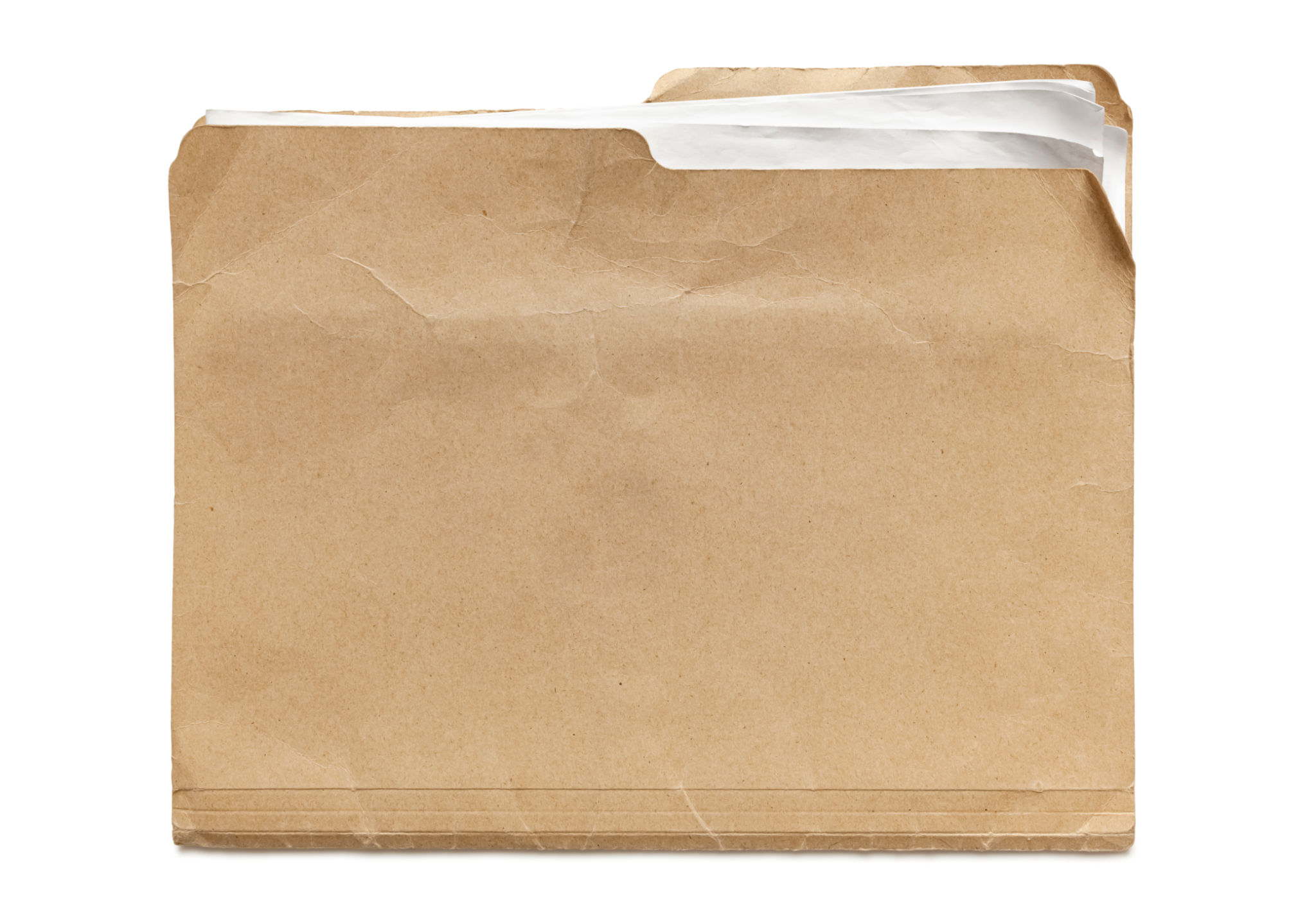DIY Bookkeeping Tips for Small Businesses in Woodland
The Importance of DIY Bookkeeping
For small businesses in Woodland, maintaining accurate financial records is crucial for success. DIY bookkeeping can be a cost-effective solution, allowing business owners to keep track of their finances without hiring an external accountant. By taking control of your bookkeeping, you gain a deeper understanding of your business's financial health.
Understanding the basics of bookkeeping, from tracking expenses to organizing receipts, can provide valuable insights into where your money is going. This knowledge helps in making informed decisions and planning for growth. Moreover, staying organized reduces the stress of last-minute tax filings.

Setting Up Your DIY Bookkeeping System
Starting with a solid bookkeeping system is essential. Begin by selecting a bookkeeping method that suits your business needs. Many small businesses opt for either cash-based or accrual-based accounting. Cash-based accounting records transactions when cash changes hands, while accrual-based accounting records transactions when they are incurred.
Next, choose a software that fits your business size and complexity. There are numerous user-friendly options available, such as QuickBooks or Xero, which offer features tailored to small businesses. These tools can automate many processes and help keep your records tidy and accessible.
Organizing Financial Documents
Maintaining organized financial documents is crucial for effective bookkeeping. Keep all receipts, invoices, and bank statements in a logical order. This can be done digitally or through physical filing systems. The key is consistency, ensuring you can easily access any document when needed.

Consider using cloud storage solutions to keep digital copies of important documents. This not only saves space but also provides a backup in case of physical document loss. Regularly updating your records can save you time and headaches during tax season.
Tracking Income and Expenses
One of the core aspects of bookkeeping is tracking income and expenses accurately. Create separate categories for different types of income and expenses, such as sales revenue, office supplies, and utility bills. This categorization helps you understand spending patterns and identify areas for cost-saving.
- Record each transaction promptly to avoid missing details.
- Reconcile your bank statements monthly to ensure all records match.
- Use accounting software features to generate reports and monitor financial performance regularly.
Preparing for Tax Season
Taxes can be daunting, but with proper preparation, you can manage them efficiently. Keep track of deductible expenses throughout the year to maximize your tax savings. Familiarize yourself with local tax regulations specific to Woodland to ensure compliance.

Consider setting aside a portion of your income each month for taxes to avoid any surprises when tax season arrives. If needed, consult with a tax professional to confirm that you are leveraging all potential deductions and credits available to your business.
Staying Consistent with Bookkeeping Practices
Consistency is key to successful DIY bookkeeping. Set aside dedicated time each week or month to update your records and review financial reports. This routine helps catch any discrepancies early and keeps your business on the right track.
As your business grows, periodically reassess your bookkeeping practices. What worked initially may need adjustments over time. Being proactive in managing your finances can significantly contribute to the long-term success of your small business in Woodland.